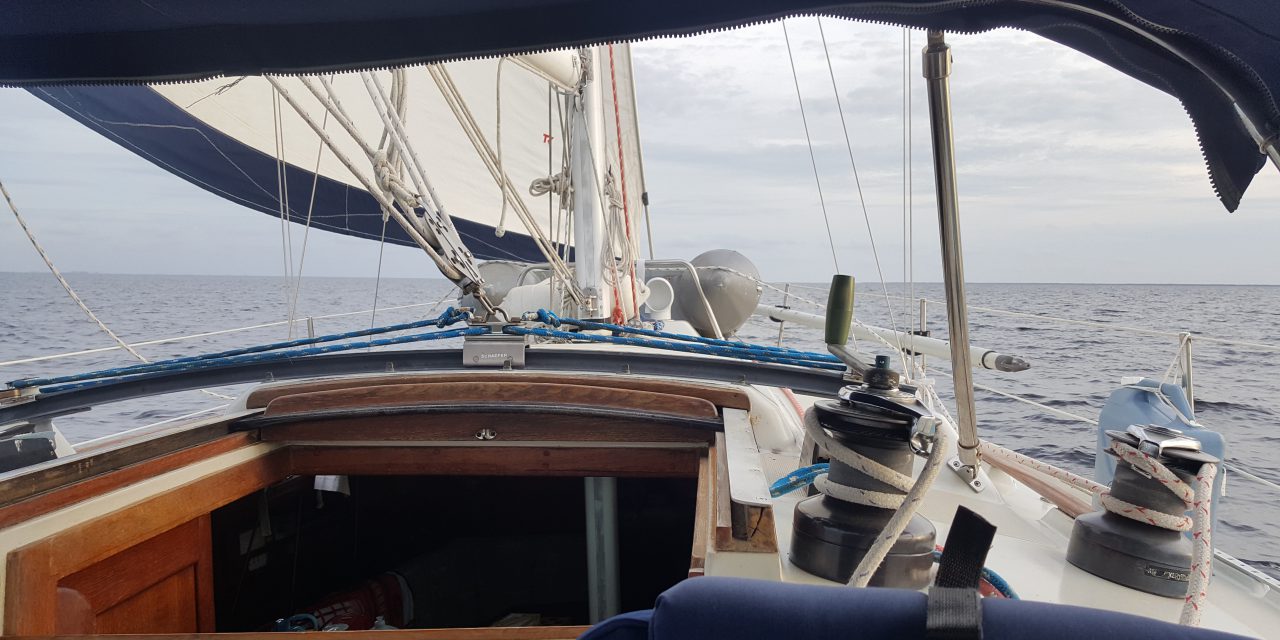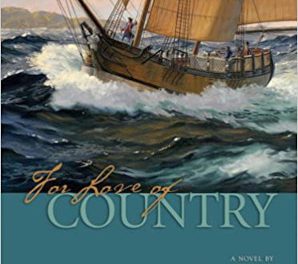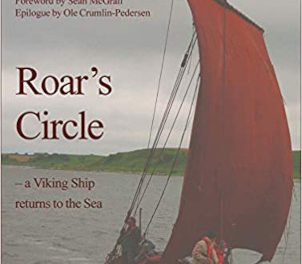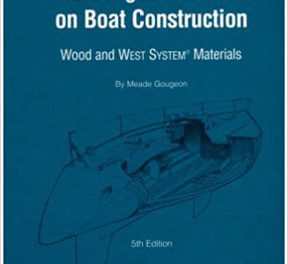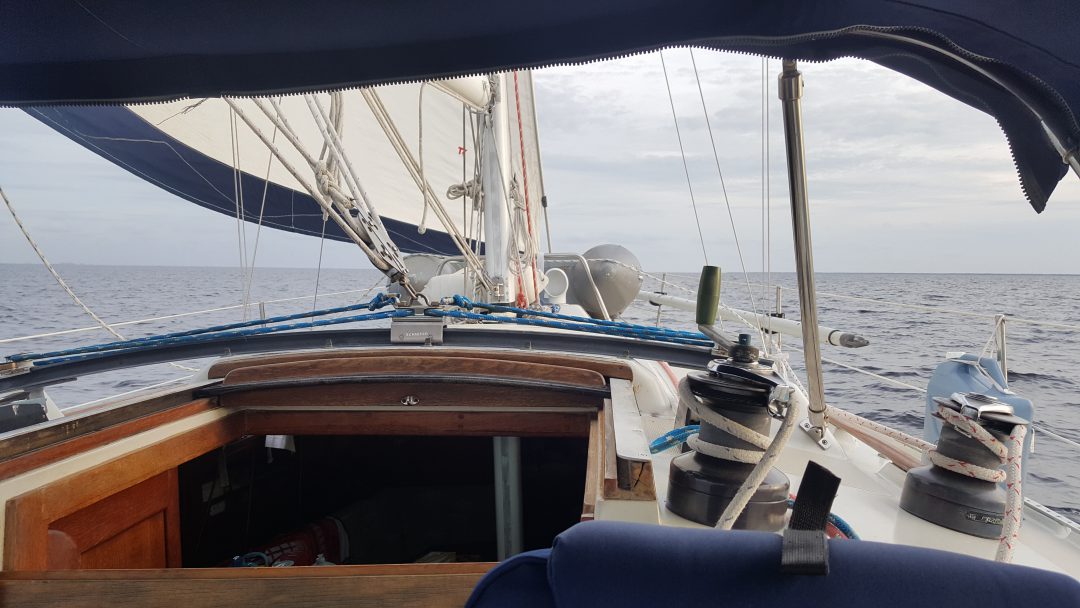
“Learn from me, if not by my precepts, by my example, how . . . much happier that man is who believes his native town to be the world, than he who aspires to become greater than his nature will allow,” lamented Victor Frankenstein, in the renowned English novel of the same name. In all aspects of life, but especially in my time as a boater, I have found Victor Frankenstein’s admonishment to be profoundly true.
For every sailor there exists a delicate balance between a boat’s size and the owner’s ability to derive enjoyment from it. This balance depends entirely on each sailor’s abilities, patience, finances, and plans. And once the balance is upset, once a line is crossed, boating can become a stressful headache, rather than a joyful reprieve from everyday life.
Having owned and restored five boats over the past five years, ranging in size (and attendant complexity) from 20 to 38 feet, my wife and I have discovered our balance point. Without question, we had the most fun and the greatest adventures on our 21-foot bowrider and 24-foot cuddy cabin. The 20-foot boat was too small for comfort, and the two larger boats proved to be thorns in our side, sucking much of the joy out of boating.
Of course, despite enjoying the smaller boats, we bought the larger ones because we sought additional comfort and livability. But in going big in pursuit of comfort, we created for ourselves the most uncomfortable situation in which we owned a boat too expensive to maintain and too burdensome to manage, given our individual abilities, patience, finances, and plans. And frankly, in the course of having come to know our boating selves, we’ve realized that we wouldn’t wish for the abilities, patience, finances, and plans that would allow us to enjoy a much bigger boat. Why? Because when sailing the larger boats, we found ourselves detached, not as connected to the act of sailing.
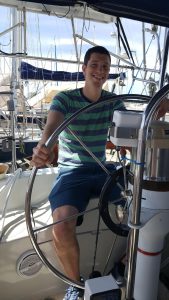
Boating, but sailing in particular, is phenomenological, meaning that it is an activity that puts the individual in direct contact and interaction with natural phenomenon, i.e., the wind, waves, and sea. The larger the boat, the larger the buffer between the individual and the wind, waves, and sea. On the smaller boats, our sailing experiences were exhilarating—precisely the reason we took to sailing in the first place!
Operating our larger Walden 38, we got tastes of the same exhilaration, but only on occasion; it took much greater forces to achieve the same feeling. Aboard the boats over 40 feet that we’ve sailed, our experiences felt even further insulated.
If I were to offer my own Frankenstein-inspired warning to boaters, it would read: “Learn from my example, how much happier is the boater who appreciates what he has, rather than always yearning for what he does not. In seeking greater vessels for grander adventures, one may potentially lose sight of why boating is so enjoyable in the first place. Tread carefully and act with prudence, rather than excited fervor.”
Before buying a boat in response to yearnings for distant shores and foreign ports, buy one that is suited only to exploring exhaustively all of the destinations closer to home. For your first boat, buy the smallest you can tolerate and the newest you can afford. It’s from there that you’ll find your own balance.

